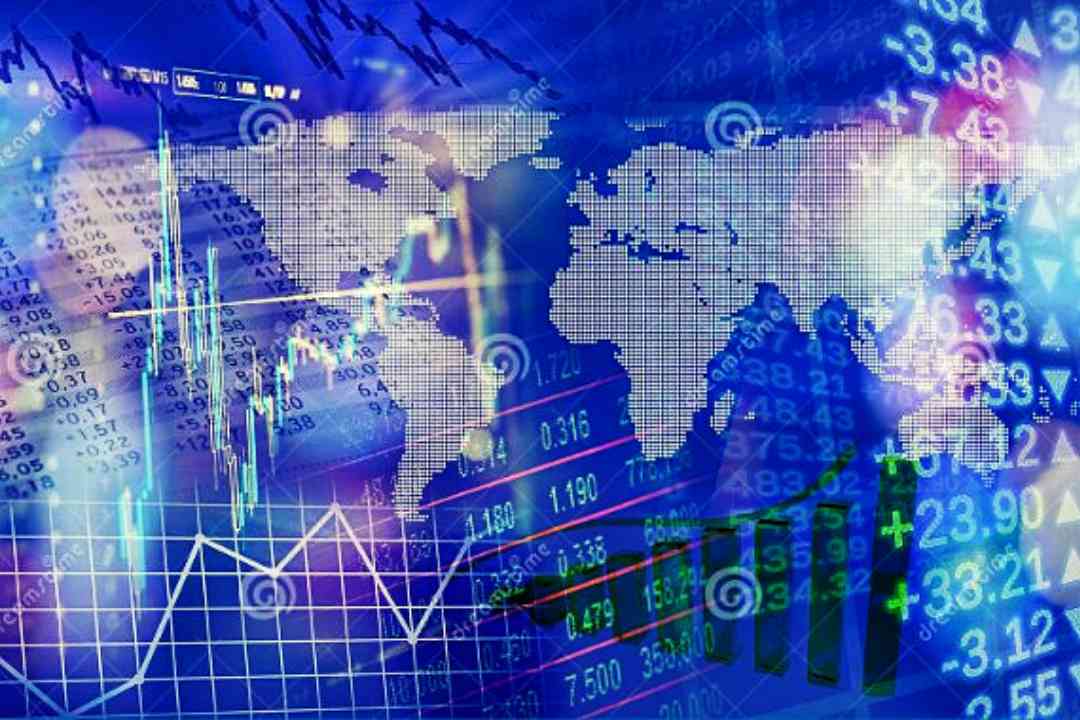The International Monetary Fund (IMF) has cut global growth forecasts for next year quoting the onset of a recession as countries grapple with the fallout from Russia's invasion of Ukraine, spiralling cost-of-living and economic downturns. Recession is a term used to describe a period of a significant and prolonged downturn in economic activity.
A recession is said to happen when there are two significant quarters of decline in the Gross Domestic Product (GDP) of a Nation - Simply put, when a country is just not showing signs of an increase in the production of goods and services and more and more people are getting unemployed.
A recession may last for a few months, but the economic downturn caused by a recession may take years to recover from. Recession causes a huge mess in the economy which is very difficult to manage.
More than a third of the global economy is headed for contraction this year or next. The United States, European Union and China will be three of the biggest economies to go through severe impact. "The worst is yet to come and, for many people 2023 will feel like a recession," said International Monetary Fund economic counsellor Pierre-Olivier Gourinchas in a blog post.

Recessions are considered an inevitable component of the economic cycle of a country. The reasons for recession can be psychological, financial or economic. Some economists say that economic changes, including industries' structural changes, can be a cause of the recession. For instance, higher prices in the country, including high oil prices can push a country into recession. During a recession, the whole economy is under havoc, and economic outputs, consumer spending and jobs - all go through a systemic decline.
The Great Recession which happened during the late 2000s was an example of this kind of worldwide slowdown and depressed economic activity. There were many causes of the Great Recession, some of them being that the government failed to regulate the financial industry. There was excessive borrowing by consumers and lawmakers who were not able to fully understand the collapsing financial system and this created a lot of asset bubbles - unnecessarily inflated prices for assets like equity and real estate that obviously become unsustainable for growth.
Discussing the current scenario back home, 66% of CEOs in India, anticipate a recession in the next 12 months. They see a decline in growth prospects when it comes to company and country, but they seem to be resilient enough to bounce back in the short term. The Chairman of SBI, Dinesh Kumar Khara, said that the impact of the global recession is unlikely to be pronounced in India, unlike other countries. He said that India is doing well with a projected growth rate of 6.8 per cent and even inflation is under control.

A United Nations Conference on Trade and Development (UNCTAD) report observed that India, the UK, Indonesia and Russia are among the countries that may contribute the most to this global output loss.
After a recession occurs, it is very important for an economy to indulge in economic recovery. Nations and their central banks usually react to this situation by loosening their monetary policies i.e infusing more money into the system by lowering interest rates. Reducing interest rates, decreasing taxes and increasing spending by the government are generally the go-to ways of dealing with this situation. In line with this, the US Federal Reserve has been raising interest rates aggressively in recent times to curb rising inflation. Back home too, the Reserve Bank of India has been consistently raising interest rates, tightening the grip on the liquidity in the system. It seems central banks the world over are preparing for the worst and keeping their powder dry in case a prolonged downturn were to hit us.
© Vygr Media Private Limited 2022. All Rights Reserved.























